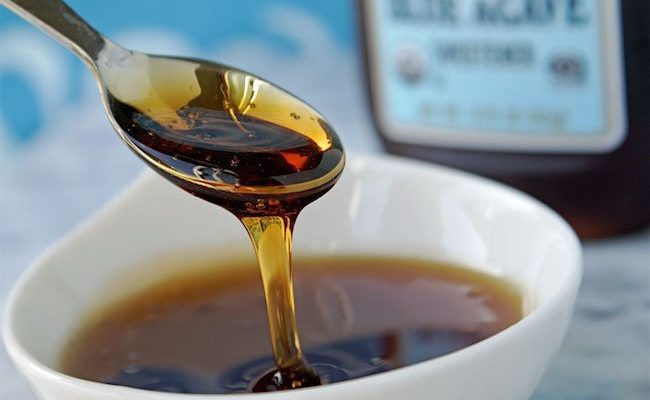
Food
Types of Natural Sugar Supplements and Their Health Benefits
We all love sugar … comforting sweetness and anxiolytic, it is sometimes the source of a true emotional dependence, linked to childhood.
The problem with white sugar is that it is not only empty of any essential nutrients but additionally it asks our bodies vitamins and minerals to be metabolized.
The white sugar (crystal or semolina) found most often in our supermarkets comes from beet and is 98% sucrose. For everyone, sugar is white sugar. And yet, this sugar seems to be our daily poison.
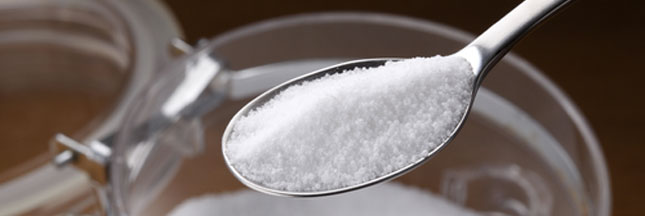
The different types of natural sugars
Crystallized fructose
A simple sugar found in fruits, fructose is derived from sugar beet. It is completely natural and has nothing to do with glucose-fructose syrup, derived from corn and present in a large number of industrial food products.
With a glycemic index much lower than that of sucrose: 19 against 70, and a sweetening power twice higher, fructose replaces advantageously sucrose in all preparations, hot or cold.
You can prepare exactly the same desserts, but much less calories since the quantity of sugar is divided by two.
Honey
Providing that it is not heated above 40 ° C, it is probably one of the best sugars.
It is provided with vitamins of group B, as well as trace element, amino acids, mineral salts, enzymes and other aromatic substances, it is composed of about 80% of carbohydrates most of which have a sweetening power much greater than that of sugar.
It is endowed with a great number of therapeutic properties recognized for more than four thousand years: fortifying, stimulating, antiseptic and anti-anemic, remineralizing, notably by promoting the assimilation of calcium and magnesium, diuretic, cicatrizing, slightly laxative and sedative.
Moreover, each kind of honey has virtues peculiar to the plant on which the bees have come to feed.
Its only disadvantage is that it is badly supported by the fragile stomachs, which will have to eat it alone, or at most with a herbal tea, and at least four hours away from any meal, to prevent causing the Closing the duodenum.

Black molasses
It is a very thick and viscous syrup, the residue of the refining of sugar extracted from sugar cane. Rich in vitamin B and calcium, potassium, iron, copper, etc., it is an excellent base for a remineralization cure and helps to fight anemia.
Particularly interesting in the cooking with the sweet-sour, its very typical taste requires, however, to tame it for pastry and confectionery.
Liquid sugars: agave, maple, wheat, rice syrups
One cannot forget to mention the cereal syrups resulting from the hydrolysis of starch from barley or rice because these products have the indisputable advantage of offering a mixture of slow sugars and fast sugars in harmony proportions, with sufficient minerals to facilitate intestinal absorption.
The rice and wheat syrups contain phosphorus, magnesium, calcium, potassium, and iron.
Other liquid sugar, the delicious maple syrup, a flagship product in Canada’s forests, contains 60% sucrose and calcium, phosphorus, potassium, and iron in fairly good quantities.
Xylitol
Appearance similar to white sugar, it has a slightly stronger sweetening power, and is used in the same way: in hot or cold drinks, and cooking.
The xylitol leaves a very pleasant fresh taste in the mouth.
Natural birch sugar is one of the load sweeteners, and because it has a low glycemic index, it is very beneficial in the kitchen for diabetics.
Xylitol participates in the remineralization of the teeth and prevents the appearance of caries.

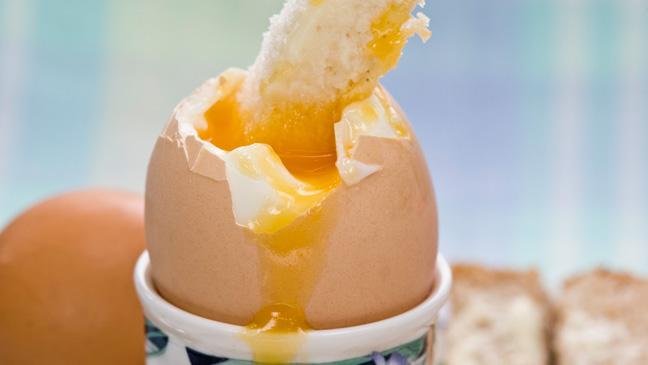
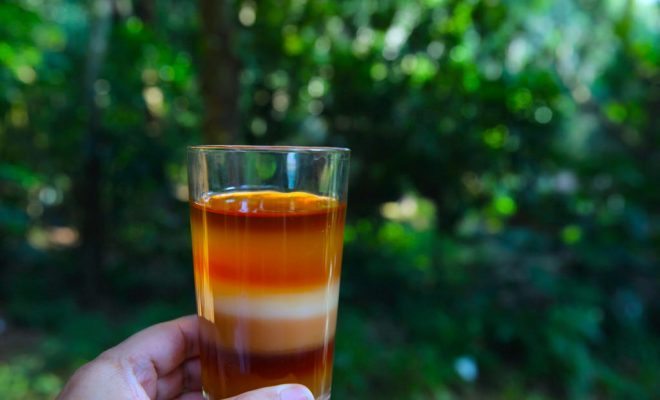
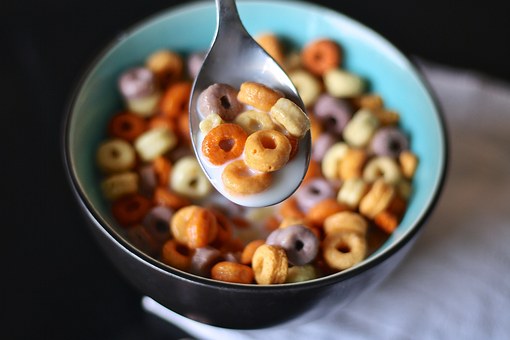



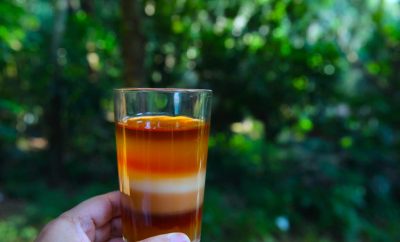





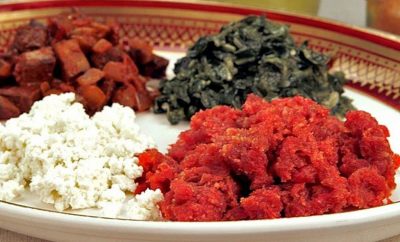


0 comments